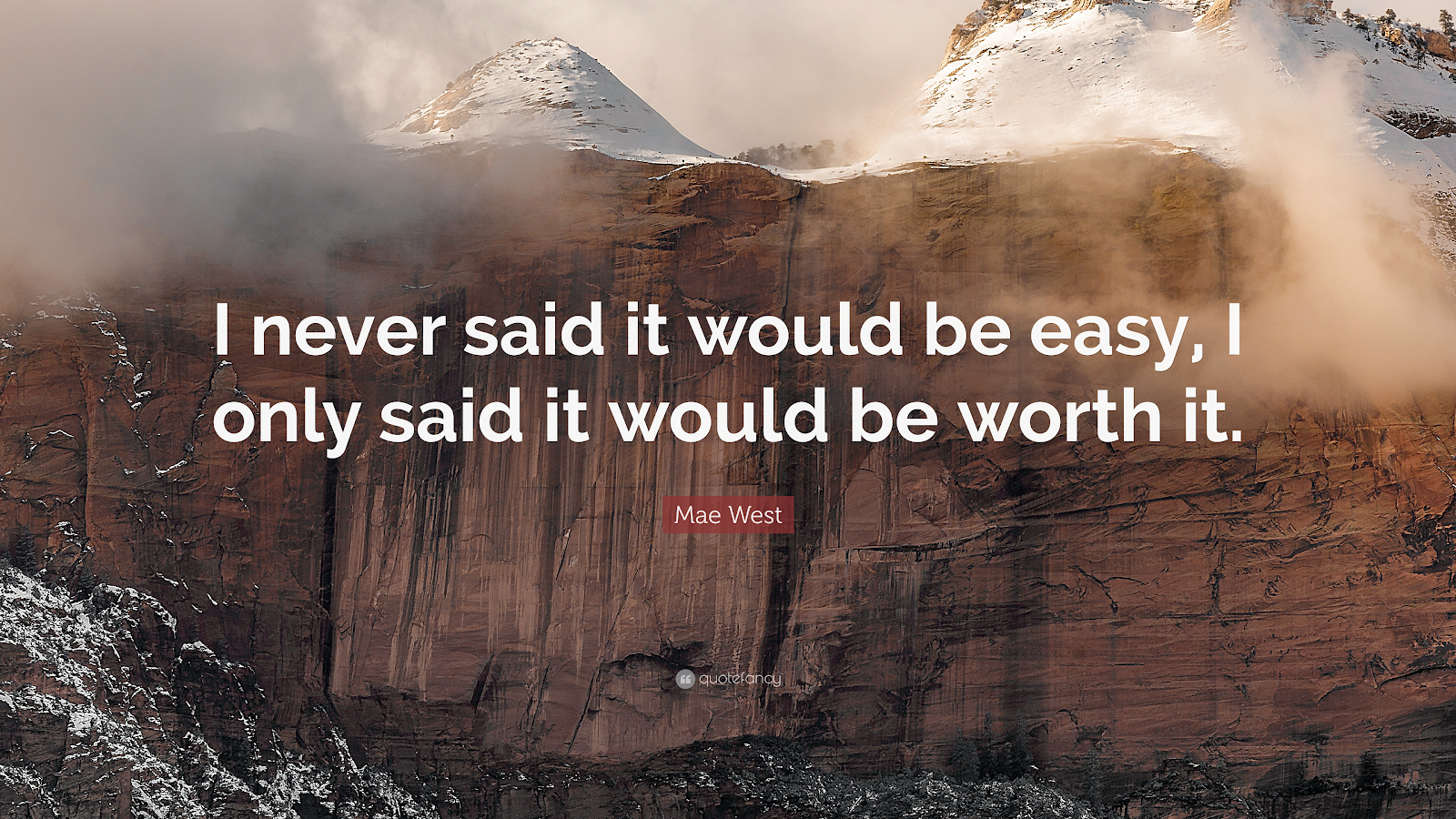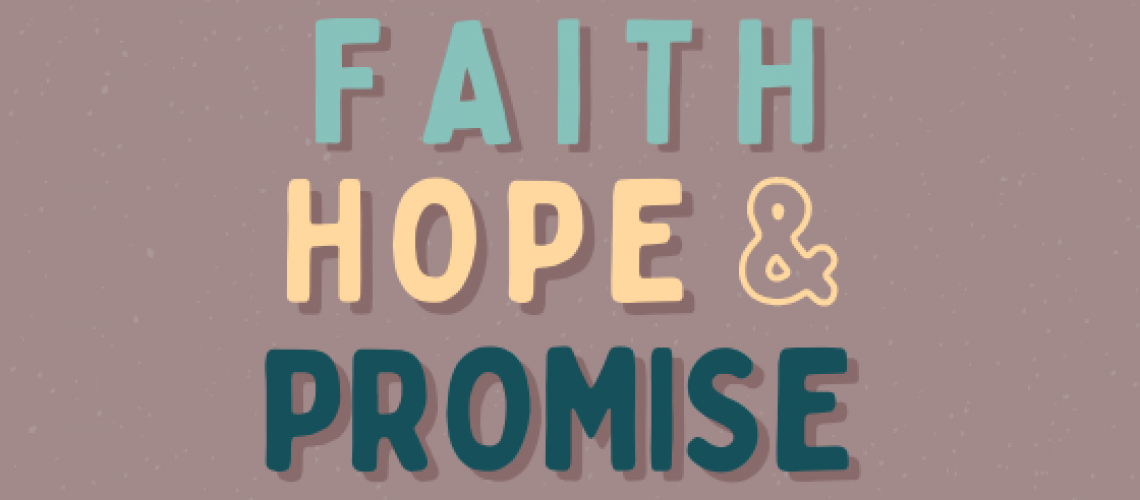…but the greatest of these is love.
What does love mean to you?
Do you call to mind a scene from Braveheart?
Do you think of your best friend or of your family?
Do you think of Christ’s death on the cross?
Love is all of these things and more, but one thing it is not is easy. I believe that now more than ever, the true measure of our love is demonstrated by our interactions with those with whom we disagree.
What if your friend holds a view that many people would find offensive, or that is objectively wrong?
What does loving them look like? Does loving them imply that they are right?
If anyone says, “I love God,” yet hates his brother, he is a liar. For anyone who does not love his brother, whom he has seen, cannot love God, whom he has not seen. 1 John 4:20
Love is not like standing up and turning the light in your room on or off. It is more like the work of the architect who created the blueprints for your room and the electrician who wired the electricity. It is anything but convenient. Rather, it implies intention, commitment, and ongoing work. If you think that love can be synonymous with taking the path of least resistance, you will be caught off-guard in a difficult moment that requires love.
I know, because I have made this mistake myself.
I was dating someone new and was on a double date with him, his best friend, and the best friend’s young wife. The best friend, whom I had only met once before, was sharing his pointed political views in a way I found distasteful. As my discomfort grew, and invisible steam began pouring out of my ears, I finally lost all control and practically shouted in the middle of the restaurant: “You’re wrong! People like you are wrong and don’t belong here.”
Wow. Do you think that relationship lasted very long? It didn’t.
It didn’t take long for me to go to Confession and to apologize to all parties involved. But most of all, I was disturbed by the lack of grace that had revealed itself inside me.
In retrospect, this is possibly the most important lesson about relationships I have ever learned in my life. Being kind and polite to others does not condone their beliefs or behavior. It does overcome divisions and build bridges. Calling people out in a careless way does not change them. It does rupture relationships and cause pain. Losing control of yourself does not help a situation. Only self-control and words spoken intentionally can heal a painful situation.
People don’t become “annoying” or offensive by being truly loved. In other words, as Katrina said once, ninety-nine percent of behavior we don’t understand comes from pain. And on the flip side, maybe our love can heal these wounds from the past…even if they’re the very last person we want to help at that moment.
Doesn’t sound easy? Well, as Mae West once said, “I never said it would be easy, I only said it would be worth it.”

You have probably heard this quote before. Usually it is applied to something like achieving your workout goals. What if we applied it to loving difficult people? The Orthodox concept of ascesis emphasizes the ongoing struggle to become more Christlike. What is more Christlike than loving someone who disagrees with you?
Loving others is never easy, whether we are working on our relationships with people close to us, or reaching out to those we don’t yet know and love. (More on that topic next week!)
As we move into the next week, let’s reflect on these questions:
How do you show responsibility and self-control in your relationships with those close to you? Which of these relationships would benefit from more forbearance and kindness on your part?
How do you draw the line between expressing yourself in a healthy way, and self-centered insisting on your own way?
What fruit have you seen come out of the inconvenience of loving someone close to you?
Catie Golitzin
Catie is a YES leader who is passionate about working with young people, especially Orthodox young people seeking to learn more about their faith, and incarnate this faith through activity in the world. She is also interested in the connection between faith, physical health, and mental health.




